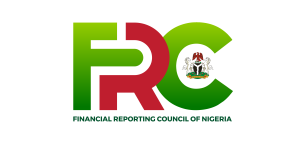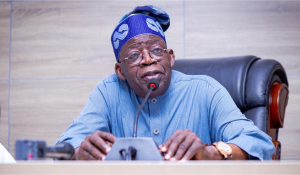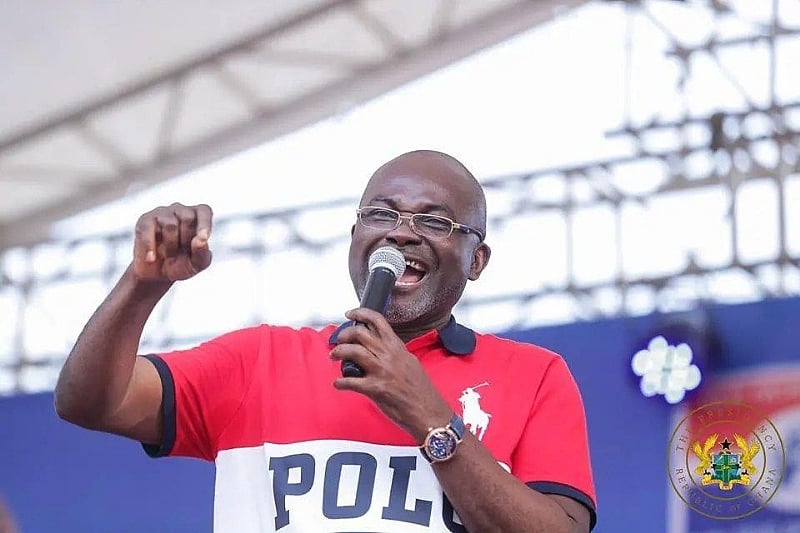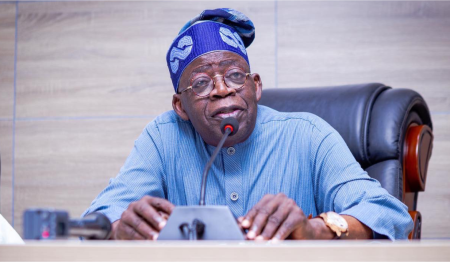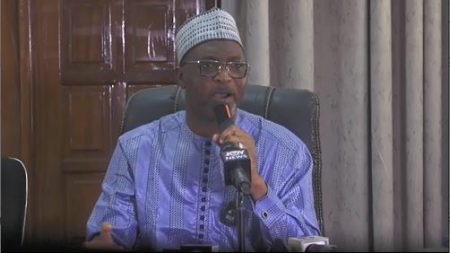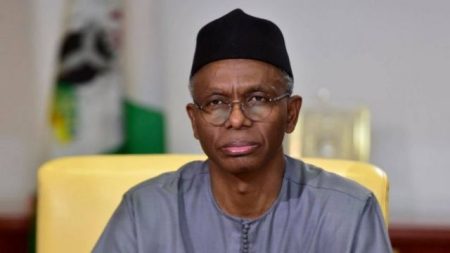The New Patriotic Party (NPP), a prominent political force in Ghana, has been championed by Kennedy Ohene Agyapong, a former Member of Parliament and past contender for the party’s flagbearer position, as the party that prioritizes the welfare of Ghanaians above all else. Agyapong underscores the NPP’s enduring commitment to improving the lives of its citizens, particularly the youth, and points to the party’s track record of implementing pro-poor policies as evidence of this dedication. He highlights the Free Senior High School (SHS) program as a prime example of the NPP’s commitment to investing in the future of the nation. This initiative, launched in September 2017, has provided free tuition, meals, and accommodation to approximately three million students, significantly expanding access to secondary education.
The Free SHS policy stands as a cornerstone of the NPP’s social intervention programs, aiming to bridge the educational gap and empower Ghana’s youth with the knowledge and skills necessary for future success. By removing the financial barriers to secondary education, the NPP strives to create a more equitable society where opportunities are available to all, regardless of socioeconomic background. Agyapong’s assertion that the NPP is the only party consistently fighting for the betterment of Ghanaians, especially the youth, reflects the party’s narrative of prioritizing human capital development and investing in the nation’s future.
Agyapong’s praise for the NPP comes amidst a backdrop of political discourse surrounding the party’s performance and its commitment to the well-being of Ghanaians. While the NPP touts its achievements in social development and economic growth, critics often point to challenges such as unemployment, rising cost of living, and infrastructure deficits. The debate over the effectiveness and impact of government policies continues to shape the political landscape in Ghana. Agyapong’s statement serves to reinforce the NPP’s commitment to its core values and its efforts to address the needs of the Ghanaian populace.
The NPP’s emphasis on pro-poor policies like the Free SHS program plays a crucial role in its political strategy, aiming to resonate with a broad segment of the population, particularly those from lower-income backgrounds. By providing tangible benefits such as free education, the party seeks to solidify its support base and project an image of a government dedicated to uplifting the lives of ordinary Ghanaians. The Free SHS policy, while lauded by supporters for expanding access to education, has also faced scrutiny regarding its sustainability and long-term impact on the quality of education.
Beyond the Free SHS program, the NPP points to other initiatives aimed at improving the lives of Ghanaians, including infrastructure development projects, job creation programs, and agricultural initiatives. The party’s focus on economic growth and development forms a central pillar of its governance philosophy, emphasizing the creation of a vibrant and prosperous economy that benefits all citizens. However, the effectiveness and impact of these initiatives remain subject to ongoing debate and evaluation.
Agyapong’s endorsement of the NPP and its commitment to the well-being of Ghanaians adds another layer to the ongoing political discourse in the country. His statement underscores the party’s efforts to position itself as the champion of the people, particularly the youth, and highlights its flagship social intervention programs as evidence of its dedication to improving the lives of ordinary Ghanaians. The political landscape in Ghana continues to evolve, with competing narratives and perspectives shaping the public’s perception of the government’s performance and its commitment to fulfilling its promises.


